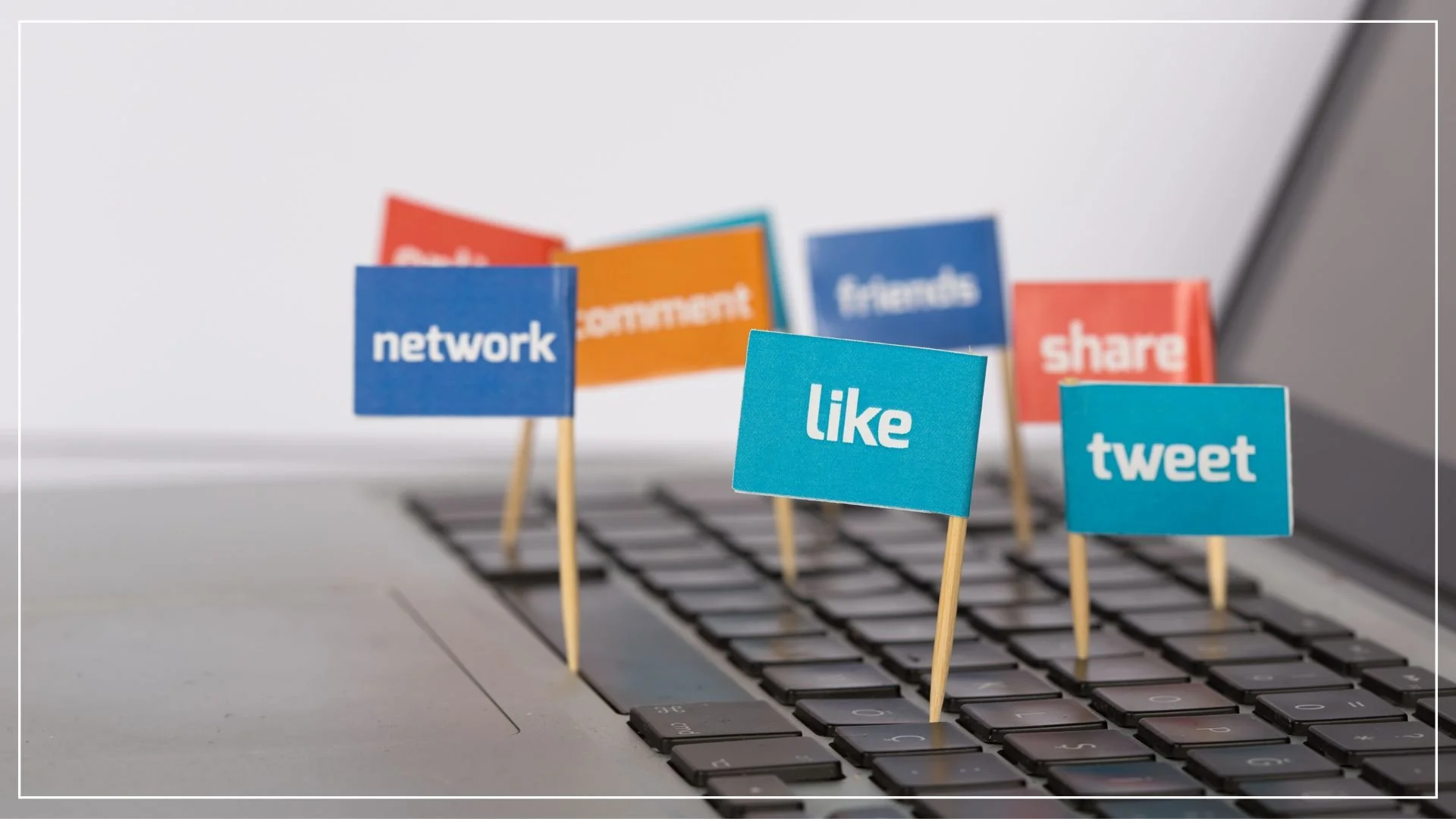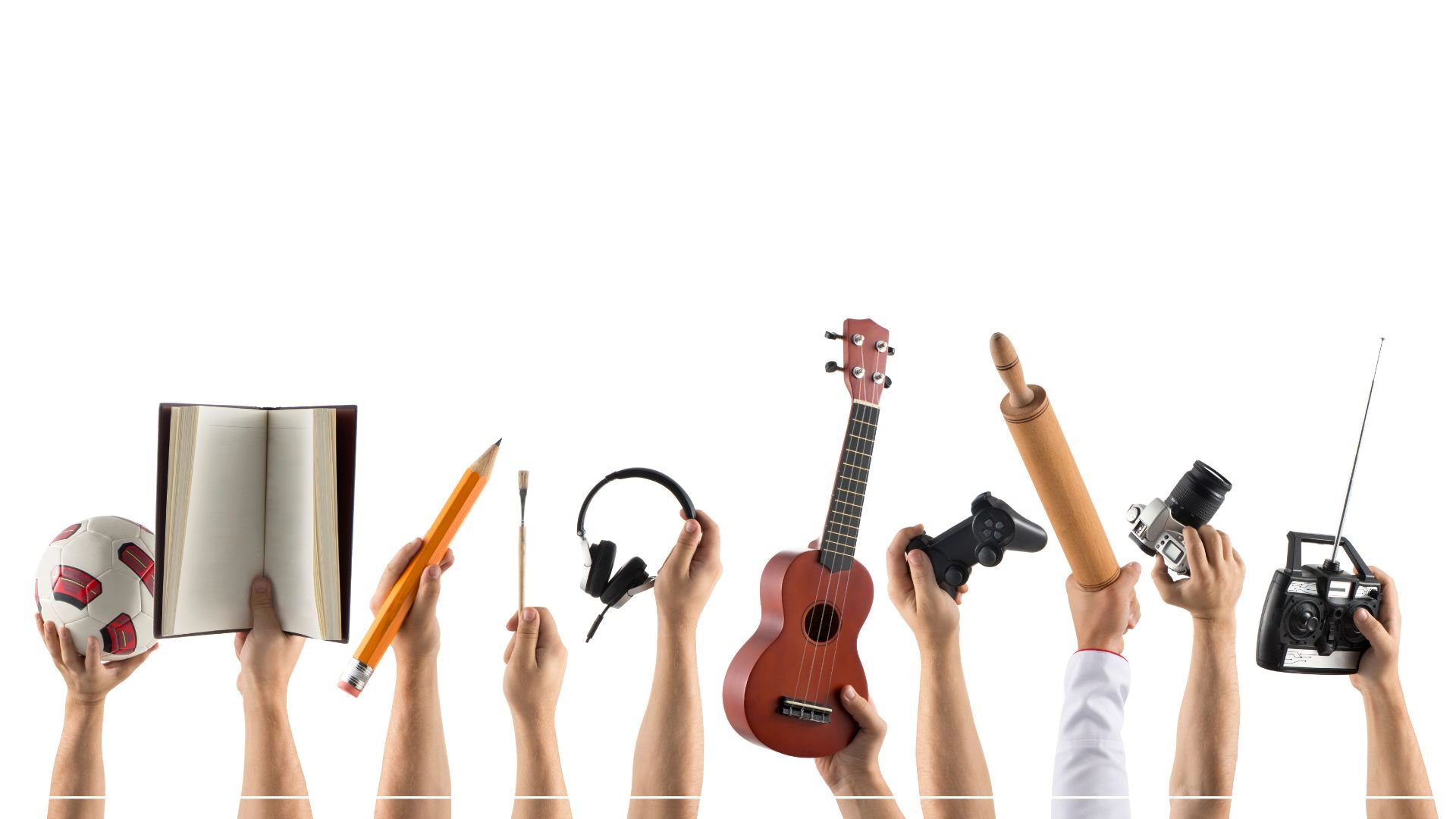Social Media Is Dead and Everyone Really Is Leaving Now
More and more people are quitting social media and exploring simple, creative alternatives to scrolling that improve well-being and focus.
Social media was once a place to be social. Where users flocked to connect with family and friends. Now, there is a growing trend of people deactivating their social media accounts and deleting the apps off their devices (sometimes permanently). Because lately, ‘social’ media has become ‘profit’ media.
This movement is driven by frustration with algorithmic manipulation, overstimulation, never seeing posts from people you follow (family and friends), and rising concerns about the authenticity and personal well-being impacts of major platforms. Add in the negativity, bots, and the creeping sense that AI-driven interactions are replacing real community, and it’s no wonder people are walking away.
An analysis of Google search trends from April 2024 to March 2025 shows Americans are actively seeking ways to disconnect from social networks, with more than 545,000 average monthly searches nationwide. Maybe you are already part of the hundreds of thousands of people doing this. Or perhaps you’re still on the fence and are curious about how to reduce screen time without fully deleting your accounts. If so, this might be the post you’re looking for: find ways to limit use and naturally spend time off your phone.
Social Media Makes You Sick and Tired
So what started as something to connect us, became the only third space many of us have access to, and it’s left us more disconnected than ever. Jessie Pagliari Tiernan shared abominable statistics in her Substack 2025 Is The Year You Delete Social Media, Stop The Brain Rot & Start Feeling Amazing. Here’s How & Why: the average person picks up their phone 218 times a day and sees thousands upon thousands of ads in a year.
Dr Jacob Lentz shares his viewpoint in It's Time to Ask Patients to Quit Social Media, “These tech companies know full well what they are doing. It is a business model that runs on envy, pride, lust, and rage, with a dollop of moral silos and mob rage for good measure. It gets a lot of clicks and sucks up a lot of time, turning us all into the product these companies sell to advertisers.” He warns that the fabric of society is under threat and recommends quitting social media to every patient with anxiety and depression.
It's no coincidence that the Oxford Word of the Year 2024 was “Brainrot”, a term coined on social media describing the constant consumption of low-quality content. Our attention spans are decreasing. Nudge (authored by Richard H. Thaler and Cass R. Sunstein) is a seminal work in behavioural economics and discusses choice architecture through ‘nudges’ - think the chocolates placed at the grocery store tills. And social media sites have their own nudges to keep you online: YouTube’s autoplay feature (an algorithmically-predicted-like-aligned video starts playing after the one you were watching finishes), and trending pages (an algorithmically defined highlight of content) as examples of nudges (read the published research paper Not just a tool: why social-media use is bad and bad for us, and the duty to quit).
Along with brainrot, “AI psychosis” has entered our lexicon. The term describes a new kind of delusional thinking tied to the rise of artificial intelligence. Pair that with the culture of outrage and over-analysis online, and it’s easy to see how one small, well-meaning post can spiral into controversy. The How to Be a Better Human podcast (episode on Spotify – listen from 22 mins for this story) shared a story of a woman who simply wanted to cook chilli for her student neighbours, only for her kindness to ignite furious debates on patriarchy, sexism, and privilege and think-pieces based on the discourse of the ethics of being a neighbour. It’s a reminder that nuance rarely survives in these spaces.
As Minh Hao Nguyen explores in “Maybe I should get rid of it for a while…”: Examining motivations and challenges for social media disconnection, people leave for many reasons, but the pattern that more and more of us are choosing to log off is clear.
This is What to Do Instead of Scrolling Social Media
Even if deleting accounts isn’t practical for you, it is entirely possible to spend less time on social media. And you can do this by replacing one habit (automatic pick-up and scroll) with another (intentional choices).
Swap the Scroll with New Skills
Learning something new doesn't have to be a massive undertaking. It can be surprisingly easy and affordable to start.
Learn a New Language: Translation apps and earbuds are brilliant for quick communication, but they can’t replace the depth of learning a language. When you learn a new language, you build empathy, connection, and cultural understanding in a way tech can’t. Plus, challenging yourself to learn something difficult has its own value for personal growth.
Pick up Some Sign Language: Whether you come into contact with the deaf community or not, it is a beautiful skill that has plenty of free online resources and videos to help you learn the basics.
Get Hooked on Crochet or Knitting: At first, it may be something you do to keep your hands busy. But you may find that it becomes deeply meditative about the rhythmic click of needles or the pull of yarn. You can find countless beginner tutorials on YouTube for free, and a ball of wool and a hook or needles is very affordable. And hey, you may end up with a lovely scarf or blanket at the end of it!
Magic Tricks and juggling: Learning simple sleight-of-hand is not only fun, but a great way to surprise friends. Let your inner child play. Learning skills like juggling stimulates hand-eye coordination and
Photography: Practice composition and different settings with your phone camera using everyday objects. Not to post and share. Just to stimulate creative thinking.
Cooking or Baking: Try new recipes, have a travel-by-cuisine evening once a week, or further your baking skills.
Card Games and Puzzles: Spend time alone or together playing card games or doing puzzles, completely screen-free, where you can chat about any- and everything.
Origami: With just paper and your hands, you can create everything from simple cranes to complex flowers. Each fold requires presence and attention, preventing you from multitasking or letting your mind wander to digital distractions.
Swap the Scroll for a Bit of Colour
Our phones are so tempting because they are always right there, in our pockets or next to us. So, have alternatives just as accessible – keep a colouring book and pencils on the side table and your knitting and crocheting supplies in a box next to the couch. When you feel that familiar urge to pick up your phone, reach for one of these alternatives.
Swap the Scroll for a Puzzle Book
Another alternative is having puzzle books (word search, crosswords, and or Sudoku) on the coffee table. This gives your eyes something to land on and choose first.
Swap the Scroll with Boredom
Be bored again. It’s the space where creativity flows. If you can sit with that itch to reach for your phone, even for a couple of minutes, you might notice your mind wandering in more interesting directions.
Create a Mini Ritual
Sometimes we scroll because we’re restless, not because we’re truly interested in what we will see on our phones. Creating small rituals to do before picking up your phone may help:
Brew a cup of tea and step outside or at an open window for fresh air.
Stretch for five minutes.
Light a candle in the evening and jot down a few thoughts from the day.
Somatic tap for a few minutes.
When you have these mini rituals, it can help ground you to ease the restlessness and reset your energy a bit.
You are challenging established easy-to-switch-off habits with things that require ‘work’, so there are bound to be slip-ups, feeling tired, not motivated – and you just need to keep making the intentional choices.
If social media is your primary method of connection, leaving can initially lead to increased feelings of loneliness and a decrease in life satisfaction. However, experts suggest mitigating this by strengthening offline social ties as you make a conscious, deliberate choice to leave the platforms.
What Happens When You Quit Social Media
A 2025 study suggests that 1 week off social media is the minimum and 3 weeks is the best break-length for mental health benefits. Though, the general consensus seems to be that the benefits of a detox depend on the individual's prior relationship with social media and what they replace it with.
Improved Mental and Emotional Well-being
One of the most widely reported benefits is a decrease in stress, anxiety, and feelings of depression. Even short breaks decrease stress levels, especially for heavy users. It could be linked to escaping the comparison trap by having a bit of distance from others highlight reels. There is also the disconnection of using metrics (views, likes, comments, shares, saves) for external validation.
Reclaiming Time and Focus
The amount of time gained from being off social media is actually astonishing. When you don’t have distractions you end up living more, creating more, and making moves towards goals (guided by your true north).
Without constant notifications and infinite scroll, your brain relearns how to focus. It also allows for the return of distraction-free-boredom-inducing time, which you have not experienced in years due to the constant stimulation of being online. One of the tasks in The Artist’s Way is to deprive yourself of everything for a week: phone, reading, watching, listening – forcing you to embrace the silence. Not being distracted feels strange and awkward at first, but it can also spark creativity and help you rest.
Encourages Deeper Connections
Having device-free areas or times within your home (like at the dinner table and during a family movie night) gives you the space to interact and connect with each other more.
Create Your New Normal with Social Media
Trying the ideas here, along with setting app limits and turning off notifications, can help you create a new normal with your social media interactions. Start small. Choose one or two activities that genuinely appeal to you, and keep the supplies easily accessible. There's no need to track your progress or set ambitious goals. It’s unplugging from the attention economy and profit media because you deserve better, and you know that how you choose to spend your time, money, and attention is valuable.
People are reclaiming agency and choosing to prioritise real-life events and meaningful experiences over digital stimuli and systems engineered to hijack attention for profit. Your phone will still be there when you need it. But you might be surprised by how rich and satisfying life becomes when you occasionally choose something else instead.
Where do you stand with social media? Share in the comments.
Connect with Spirited Earthling on your favourite social platforms and say hello 🌻
Resources for mind, body, and soul growth available in the Shop🌿


